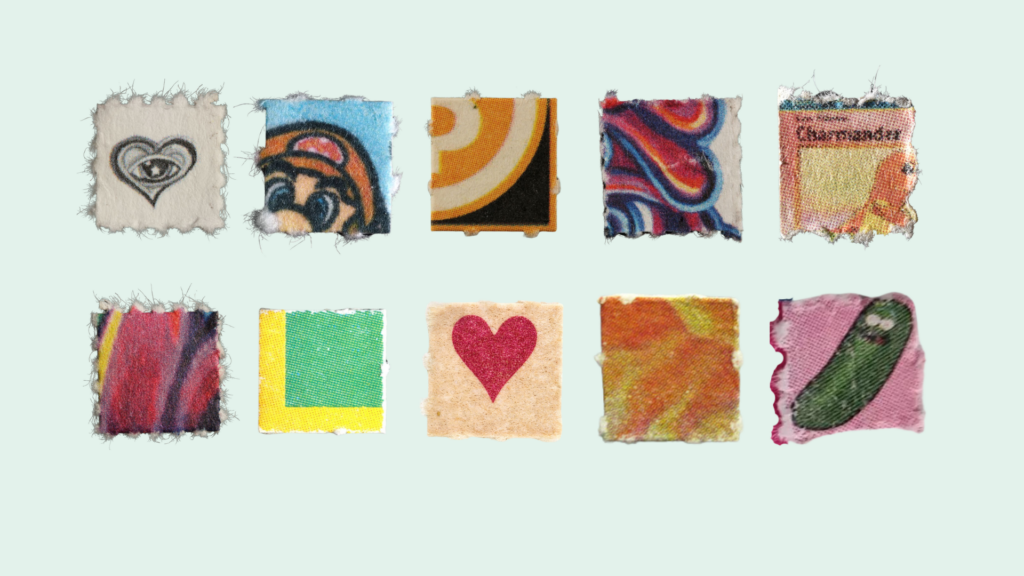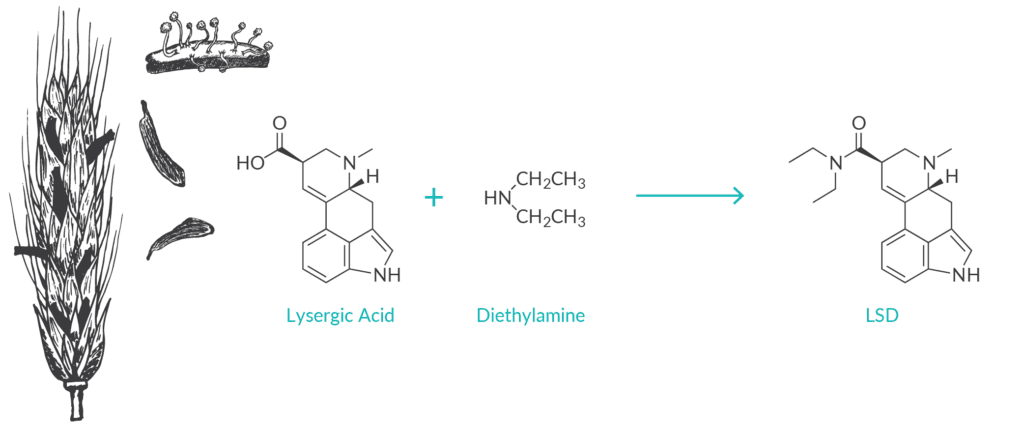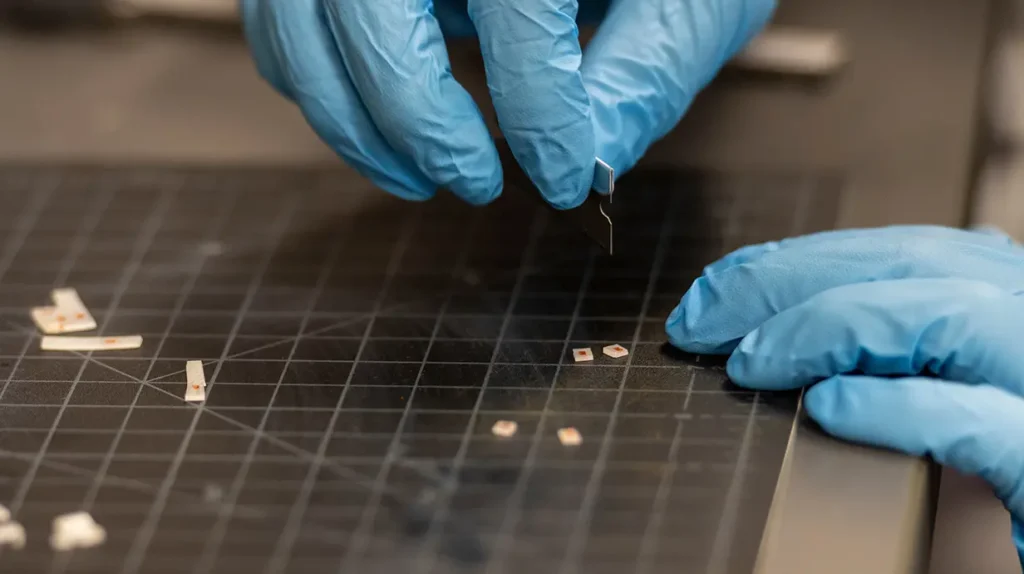
In recent years, the conversation surrounding mental health treatments has evolved dramatically. Individuals increasingly seek alternative therapies beyond traditional pharmaceuticals, especially for conditions like depression. Among these alternatives, the practice of microdosing—specifically with substances like LSD (lysergic acid diethylamide)—has gained considerable attention. This article explores what microdosing is, the nature of LSD, its potential benefits for alleviating depression, and guidelines for those interested in microdosing.
What is Microdosing?
Microdosing refers to the practice of consuming sub-perceptual amounts of psychedelic substances. Typically, a microdose is about 1/10th to 1/20th of a recreational dose, which is not enough to induce significant alterations in consciousness or perception. The core idea is to experience the therapeutic effects of psychedelics without the ‘trip’ associated with a full dose.
Microdosing has been adopted by a number of individuals seeking benefits related to creativity, focus, and overall well-being. It is reported to enhance cognitive functions, and many people have turned to this method for its supposed mood-enhancing effects.

What is LSD?
LSD is a powerful hallucinogenic that alters an individual’s thoughts, perceptions, and feelings. Synthesized in 1938 by Swiss chemist Albert Hofmann, it gained popularity in the 1960s as a tool for self-exploration and consciousness expansion. Although it is classified as a Schedule I substance in several countries, meaning it is seen to have a high potential for abuse, recent studies suggest that LSD may hold therapeutic benefits when used responsibly and in controlled environments.
Recent scientific research has pointed to the possibility that compounds within LSD can affect serotonin receptors in the brain, which are closely tied to mood regulation, thus implicating their role in potentially treating conditions like depression.

Benefits of Microdosing LSD for Depression
1. Mood Enhancement: Users often report improvements in mood, including reductions in feelings of sadness or hopelessness. An uptick in emotional resilience can be particularly beneficial for those battling chronic depression.
2. Increased Creativity and Focus: Many microdosers state that they experience heightened creativity and improved focus. This can assist individuals suffering from depression by enabling them to engage in activities that they previously found enjoyable or rewarding.
3. Reduction in Anxiety: Microdosing has been linked to reduced anxiety levels. By promoting a more balanced emotional state, individuals may find it easier to cope with daily stressors, thereby alleviating some symptoms of depression.
4. Enhanced Introspection and Self-Awareness: LSD foster greater self-understanding and introspection. This can facilitate therapeutic dialogue and personal growth, essential components in overcoming depressive episodes.
5. Neuroplasticity : Emerging evidence suggests that psychedelics promote neuroplasticity—the brain’s ability to reorganize itself by forming new neural connections. This adaptability can offer hope to those with treatment-resistant forms of depression.

How to Microdose for Depression
If you are considering microdosing LSD for depression, it is crucial to approach the practice thoughtfully and safely. Here are some guidelines:
1. Start Small: Begin with a microdose around 10-20 micrograms, and observe how your body responds. Each person’s sensitivity to LSD can vary, so it is essential to find the right dosage for your needs.
2. Create a Schedule: Use a structured approach; many people use a schedule of dosing every three days (e.g., dosing on day 1, resting on day 2, and resting again on day 3). This allows for both observation of effects and avoidance of building a tolerance.
3. Maintain a Journal: Tracking your thoughts, feelings, and any changes in mood or behavior can provide valuable insights and help you understand the impact of microdosing. Reflecting on your experiences can enhance the overall benefits.
4. Be Mindful of Environment: Ensure you are in a safe and comfortable environment while microdosing. A positive setting can enhance the effects and reaffirm the benefits of the experience.
Final Thoughts
As we continue to explore the complex world of mental health treatment, microdosing LSD emerges as a compelling option for individuals suffering from depression. While more research is warranted to fully understand its long-term effects and safety, the preliminary evidence suggests that its potential benefits warrant closer examination. . As society moves toward more holistic and integrative approaches to mental well-being, microdosing offer a transformative path for those seeking a brighter emotional future.





